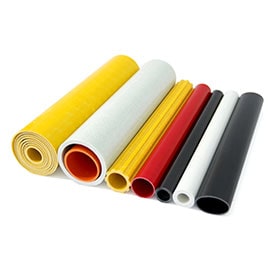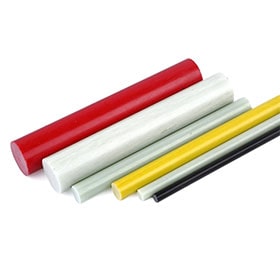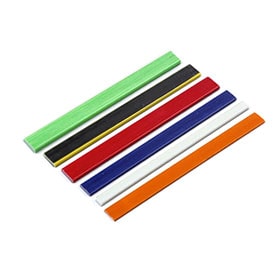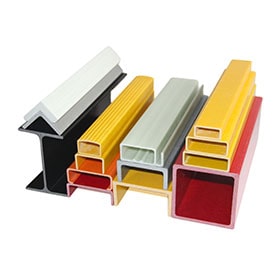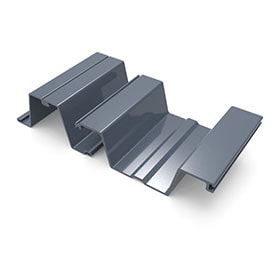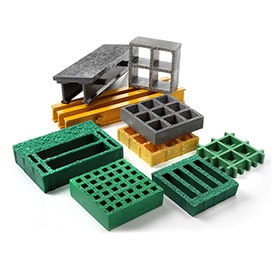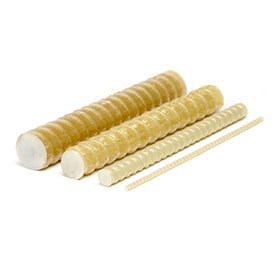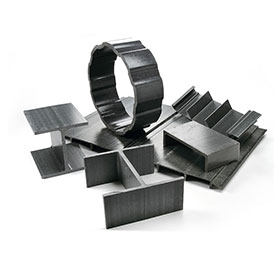
Fiberglass Rebar Construction Solution
Fiberglass rebar is a structural reinforcing material made of fiberglass roving and resin. It has many advantages over steel rebar, such as:
Higher tensile strength and modulus of elasticity
Lighter weight and easier handling
Corrosion resistance and durability
Non-conductivity and electromagnetic neutrality
Cut-ability by standard earth removal equipment and tunnel boring machines
Fiberglass rebar can be used in various concrete applications, such as:
Concrete exposed to corrosive environments, such as marine, chemical, or electrical facilities
Building construction and preservation, such as foundations, slabs, walls, columns, beams, etc.
Masonry reinforcement, such as seismic, wind, and blast strengthening of unreinforced masonry
Agriculture and dairy farming, such as floors for barns, pig houses, and poultry farms
Concrete pavements, such as dowel bars for load transfer between slabs
Installation Guidelines
To ensure the proper performance of fiberglass rebar in concrete, the following installation guidelines should be followed:
Use appropriate tools and equipment for cutting, bending, tying, and placing fiberglass rebar. Do not use tools or equipment that may damage the surface or integrity of the rebar.
Follow the design specifications and drawings for the size, spacing, length, shape, and location of fiberglass rebar. Do not deviate from the design without approval from the engineer or architect.
Provide adequate concrete cover and clearance for fiberglass rebar according to the code requirements and environmental conditions. The minimum cover should be 1 inch (25 mm) for most applications.
Use compatible materials and accessories for fiberglass rebar, such as chairs, spacers, ties, clips, etc. Avoid using metal or corrosive materials that may cause galvanic reactions or deterioration of the rebar.
Place and consolidate concrete carefully around fiberglass rebar to avoid voids, honeycombs, cracks, or segregation. Use appropriate vibration methods and techniques to ensure good bond and compaction of concrete.
 +86 15303735673
+86 15303735673 Jessica@frpzs.com
Jessica@frpzs.com
 Technical Data
Technical Data


